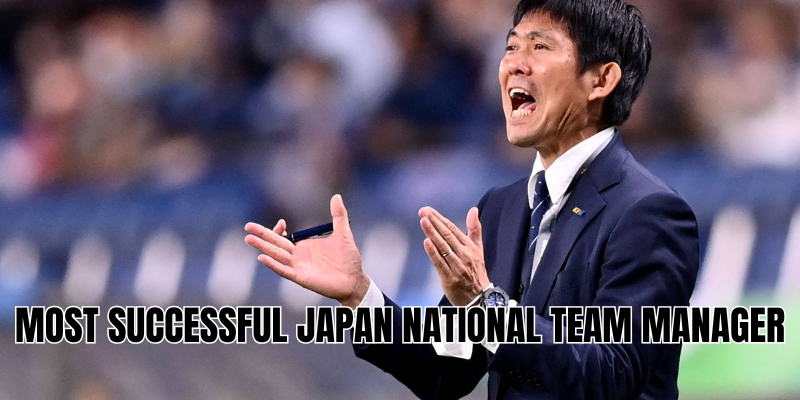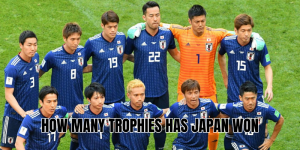When we ask “who is the most successful Japan national team manager,” the answer isn’t entirely straightforward. Success can be measured in trophies won, longevity, win rate, or influence. At AnaGoal, we’ll examine the top candidates, compare their records, and offer a nuanced conclusion.
What does “most successful” mean?
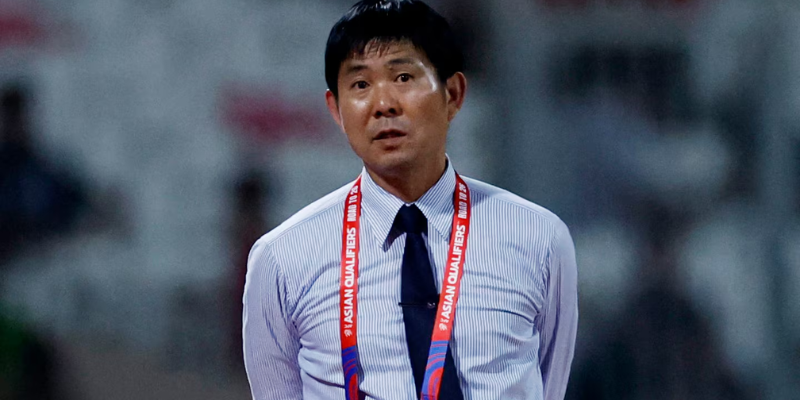
Before naming a manager, we must define what “success” means:
- Trophies won
- Win rate and consistency over many games
- Longevity / number of matches managed
- Historic impact and legacy (changing style, elevating reputation)
No single coach dominates every metric, so we must weigh those criteria.
Key candidates in Japan’s national team history
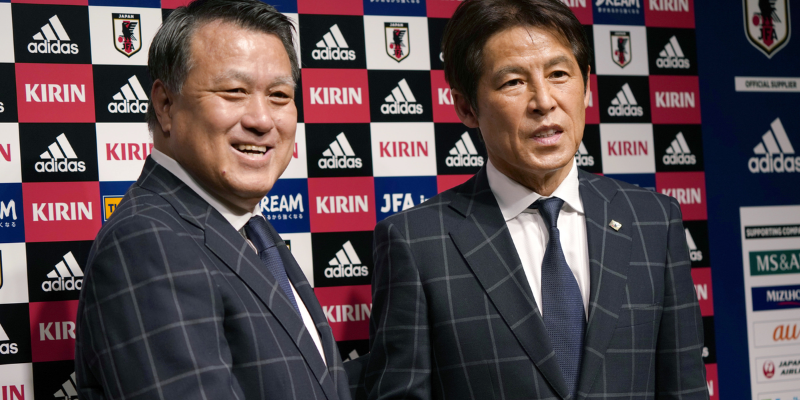
Japan has had several prominent managers across decades. Below are some of the strongest contenders:
Zico (2002–2006)
- Managed Japan for 71 matches (the most of any coach).
- Won the 2004 AFC Asian Cup with Japan, adding a major trophy to his resume.
- His win count (37) is the highest total wins among Japan head coaches. ttps://en.wikipedia.org/wiki/Japan_national_football_team_records_and_statistics?utm_source=chatgpt.com))
- He steered Japan to qualification for the 2006 World Cup, though his side could not advance past the group stage.
- Zico’s impact went beyond numbers: he increased Japan’s international profile and implemented a more attacking, expressive style.
Alberto Zaccheroni (2010–2014)
- Managed Japan for about 55 matches.
- Won the 2011 AFC Asian Cup, delivering Japan a continental title.
- He is credited with rejuvenating the team after some less consistent years, and using innovative tactics like his favored 3-4-3 system.
Hajime Moriyasu (2018–present)
- Though his total number of matches remains lower than Zico’s, he has achieved a high win percentage, and led Japan to strong performances.
- Under him, Japan reached the final of the 2019 Asian Cup (runner-up) and won the EAFF E-1 Football Championship in 2022.
- He was honored as the AFC Men’s Coach of the Year for his achievements.
- His 2022 World Cup run included shock victories over Spain and Germany in the group stage.
Other notable names
- Philippe Troussier (1998–2002) won the 2000 Asian Cup, but his less prolonged tenure limits his totals.
- Takeshi Okada also had two spells, including World Cup qualifications, but lacks a major continental trophy.
- Hans Ooft (first foreign Japan coach) won the 1992 Asian Cup, an early milestone for Japan.
Comparing their metrics
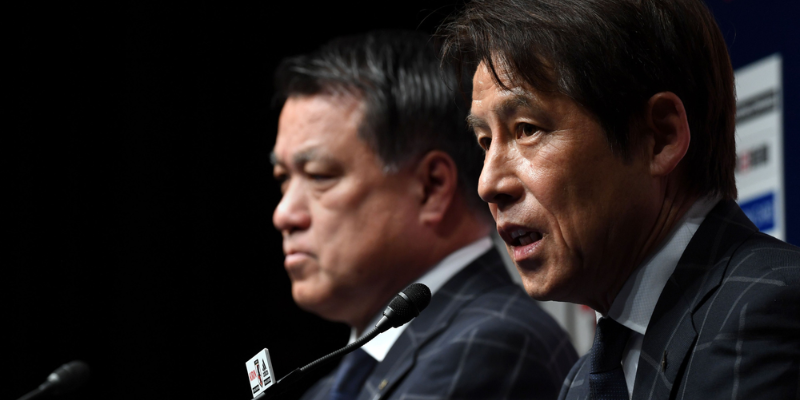
Let’s compare across our key criteria:
| Manager | Matches Managed | Wins | Major Trophy(ies) | Win Rate / Impact |
| Zico | ~71 | 37 | 2004 Asian Cup | Highest match count & wins; launched Japan’s golden era |
| Zaccheroni | ~55 | ~30 | 2011 Asian Cup | Delivered a major title when needed |
| Moriyasu | fewer (ongoing) | strong proportion | None (so far) | High win ratio, notable upset victories |
- Trophy count: Zico and Zaccheroni each won an AFC Asian Cup. Zaccheroni has a slight edge in being more recent and demonstrating revival potential.
- Wins & matches: Zico leads in sheer volume—long-term trust and consistency.
- Win rate and recent performance: Moriyasu currently may be doing best in terms of efficiency and results, especially given the modern competitive environment.
- Legacy & influence: Zico’s passion and style helped transform Japanese football’s image internationally. Zaccheroni’s tactical innovations and his ability to unify a diverse squad count in his favor. Moriyasu’s staying power and recent breakthroughs (like defeating Spain/Germany) have elevated his reputation.
So, who is the most successful?
If forced to pick one, the title of most successful Japan national team manager leans slightly toward Zico, because:
- He holds the all-time lead in matches managed and victories.
- He claimed the 2004 AFC Asian Cup, a signature trophy.
- His influence on Japan’s football identity, style, and global standing is lasting.
However, one could argue that Zaccheroni deserves a share of the crown, thanks to his 2011 Asian Cup title and ability to reenergize the team. And Moriyasu could yet surpass both, if he continues to deliver results and trophies in the years ahead.
Final Thoughts
The question “most successful Japan national team manager” doesn’t yield a perfect answer—success is multidimensional. But by traditional metrics (matches, wins, trophies, and influence), Zico emerges as the strongest candidate, with Zaccheroni as a close second and Moriyasu as the ascendant figure.
Let AnaGoal be your guide: follow our site to stay updated on Moriyasu’s ongoing journey, new records, and how Japan’s managerial history evolves.
